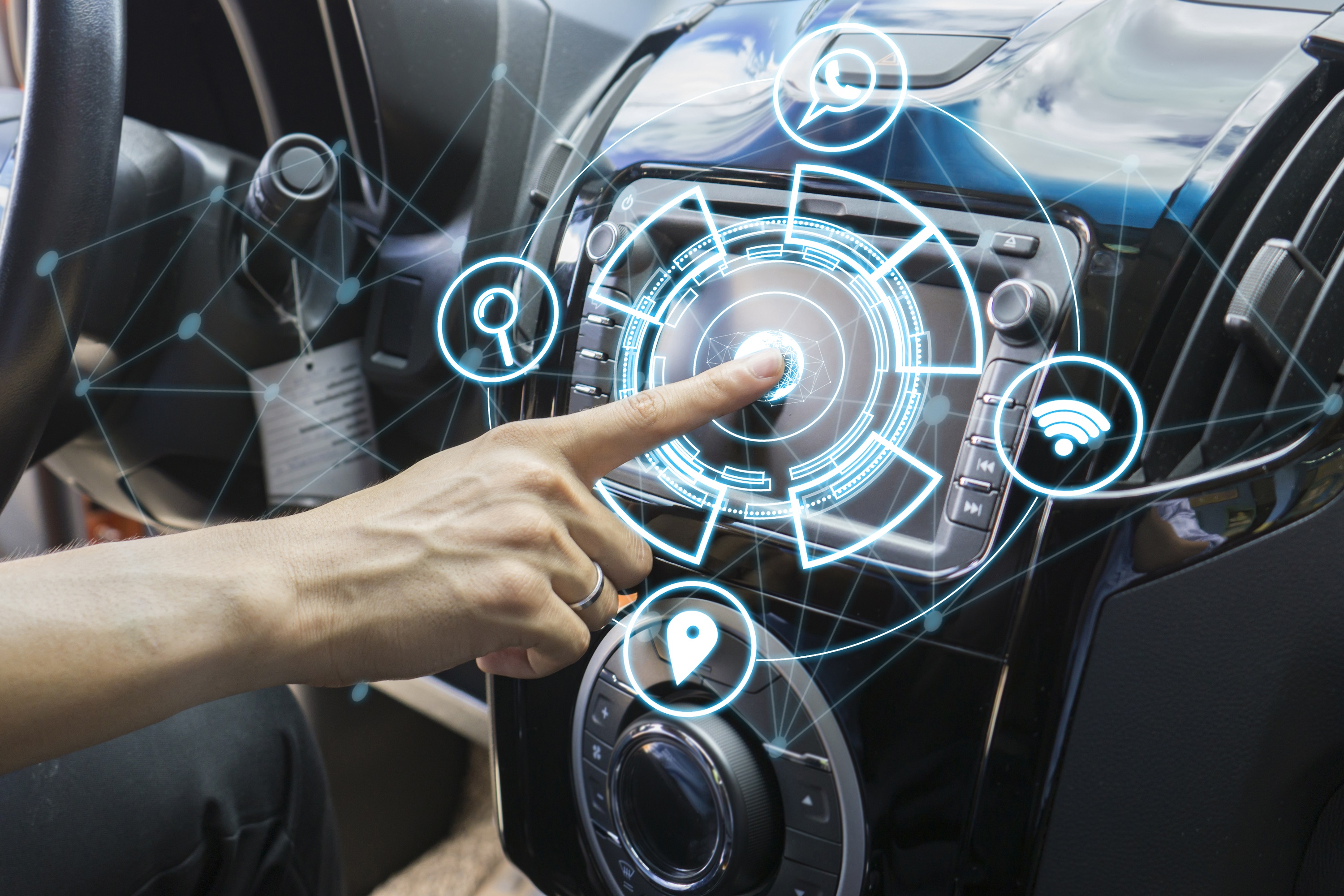Is the Internet of Things future for Smart India?
Cities have grown at an unprecedented rate over the last few years from small, humble enclosures and communities to sprawling metropolises, housing millions of people. Technology has disrupted all aspects of this living – city planning, designing, construction, development, maintenance, etc. to address challenges of sustainability, mobility, and safety for people to live and work in them and India are treading on a path towards establishing these new smart cities.
The next frontier of this evolution is the application of the Internet of Things (IoT) in how cities are built and run. The concept of IoT is essential to the interconnectedness of devices (devices, sensors, actuators, and others) to share information and perform various functions. It involves some degree of autonomy in performing actions independently and efficiently based on pre-set data.

This technology is not contained to individuals and is growing in terms of both scope and capabilities. In the smart cities space, the rise in the use of IoT solutions would bring huge market opportunities for all stakeholders, making the lives of the inhabitants exponentially ‘smarter’.
The IEEE Standards Association identifies increased growth of population and urbanization pushing the demand for intelligent, sustainable civic solutions that increase the quality of life of people. They talk about future cities to incorporate a smart economy, smart governance, smart people and smart living. In India, this technology is still at the ideation phase, but the future holds bright prospects for Indian smart cities.
What Drives IoT in Smart Cities?
The adoption of IoT solutions in a micro scenario focuses more on convenience: an individual buys a smart refrigerator to save electricity and time in re-ordering, power usage, etc. However, the same concept does not apply when we are talking about large cities and economies. The integration of smart technologies in smart cities is to address important civic goals, such as improving livelihood, managing infrastructure development, enhancing city mobility, improving resident safety, and reducing costs and energy usage.
Key IoT Enabling Technologies
The IoT infrastructure is technology-driven. The successful application of these technologies requires an existing network of technology enablers:
- Big Data Analytics: Devices connected by the internet function around gathering and utilizing user-generated data. This data needs to be gathered, stored and managed efficiently to achieve the goals of smart cities. This data is analyzed to identify trends and behaviors to use for smart solutions like traffic and vehicle management, smart parking solutions, energy consumption and usage, housing data, etc.
- Cloud Computing: Technology data also requires a robust computing ecosystem. Cloud computing offers hardware and software resources to its users on-demand as a service. A decentralized cloud ecosystem also enables effective data storage and management for users. This type of architecture will reduce dependence on data aggregators, and also reduce excess costs.
- Mobility and Society: Along with mobile devices that engage the above-mentioned data and technology, we have the active importance of social networks to bridge the communication between different agents. This communication acts as a medium for data generation and aggregation.
Here are the three ways IoT will shape the future of smart India:
-
- Traffic Management: As cities expand further, the road networks will spread and the vehicles on the roads will rise, leading to problems like congestion and accidents. Dependence on human expertise in this increasingly complex network could be risky, especially in a country like India. The use of IoT solutions could make the currently fragmented and unreliable traffic system into a comprehensive system that gives accurate, real-time information about traffic, vehicles, and routes. It also leads way to other technologies like autonomous vehicles, smart parking spaces, etc. Many cities across the globe are running pilot projects to incorporate smart navigation and parking solutions using smartphones.
-
- Smart Infrastructure and Energy Management: City administrations globally are focusing on transforming city enclosures from the shape and structure of buildings to the power and lighting in them towards greener, more energy-efficient alternatives, especially for lighting and heating/cooling systems. Bulbs, elevators, meters, gas, water, and electricity are some common avenues where automated technology management systems are on the rise. India can pioneer among the developing nations by taking lead in this area and propagate environmental welfare.
- Social Security: With the growing proliferation of technology and data sharing, security and privacy have become two major concerns for residents across the globe. This issue is, even more, pressing in a nation like India where technology and internet penetration are still underway. City administrations need to work with technology providers to create IoT and AI-driven surveillance systems in homes, buildings, offices, etc. to detect and report incidents of a security breach and prevent future mishaps.
Challenges Of IoT future for Smart India?
Though IoT provides a plethora of opportunities for smart cities to improve the efficiency of governance, energy, mobility, and safety, it also drops numerous challenges to be overcome in the process. Along with the issue of security, and allied concern raised is privacy. With the advent of IoT, data sharing over the internet will become a common practice, making cybersecurity an important aspect of city planning. The Indian government needs to come up with robust privacy and cybersecurity norms to tackle this possibility. Another challenge that will most likely arise is that of requisite physical and technological infrastructure in the economy. Indian demographics are extreme in terms of diversity, and bringing all areas at par would be a challenge.
The IoT future smart India appears to be full of promises. By rightly incorporating IoT solutions in city planning, the Indian government can enhance numerous aspects of the livelihood of individuals and society. In time, we can also see new avenues opening up for IoT in cities including healthcare, waste management, public transportation, etc.

